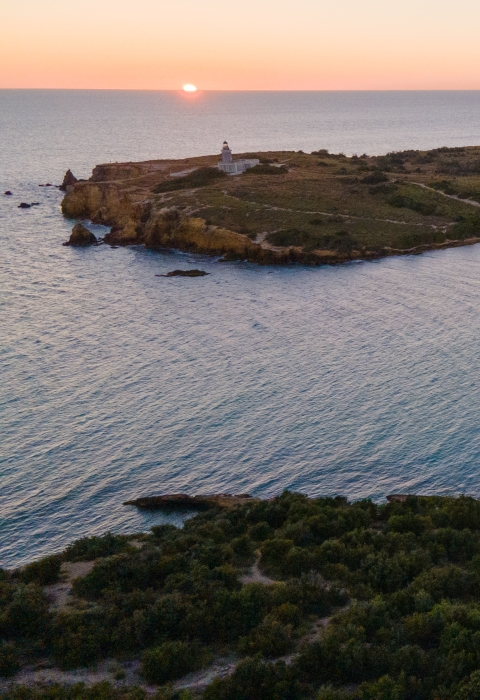About Us
The Caribbean Ecological Services Field Office (CESFO) was established in 1974 as part of the U.S. Fish and Wildlife Service’s Southeast Region. We have jurisdiction on Federal Trust Species (i.e., at-risk species, federally listed species, migratory birds and inter-jurisdictional fish) in Puerto Rico and the U.S. Virgin Islands (USVI; St. Thomas, St. John, and St. Croix).
Our Mission
Vision
We strive for ecosystem sustainability through preservation, conservation, enhancement, and restoration of habitats essential for the long-term viability of the fish, wildlife, and plants in the Caribbean.
Station Goals
- Promote strategic conservation to protect, conserve and enhance wildlife and ecosystems.
- Work cooperatively with private landowners to restore and protect wildlife habitat.
- Protect endangered species through the administration of the Endangered Species Act (ESA) in cooperation with other federal agencies, commonwealth and territorial agencies and nongovernmental organizations.
- Manage the Puerto Rican Parrot Recovery Program and lead the interagency working group.
- Conserve wildlife and wetland resources by evaluating and recommending modifications of projects proposed for Federal construction, funding or authorization.
- Evaluate impacts of contaminants on trust resources and aid in remediation of impacts and restoration of habitats and resources.
- Develop partnerships with federal, commonwealth and territorial agencies, organizations and citizen groups to understand climate change climate change
Climate change includes both global warming driven by human-induced emissions of greenhouse gases and the resulting large-scale shifts in weather patterns. Though there have been previous periods of climatic change, since the mid-20th century humans have had an unprecedented impact on Earth's climate system and caused change on a global scale.
Learn more about climate change impacts on fish and wildlife resources and their habitats. - Assist private entities, U.S. Virgin Island and Puerto Rico governments to evaluate and address potential impacts to wildlife from energy projects, including natural gas pipeline construction and wind farms.

